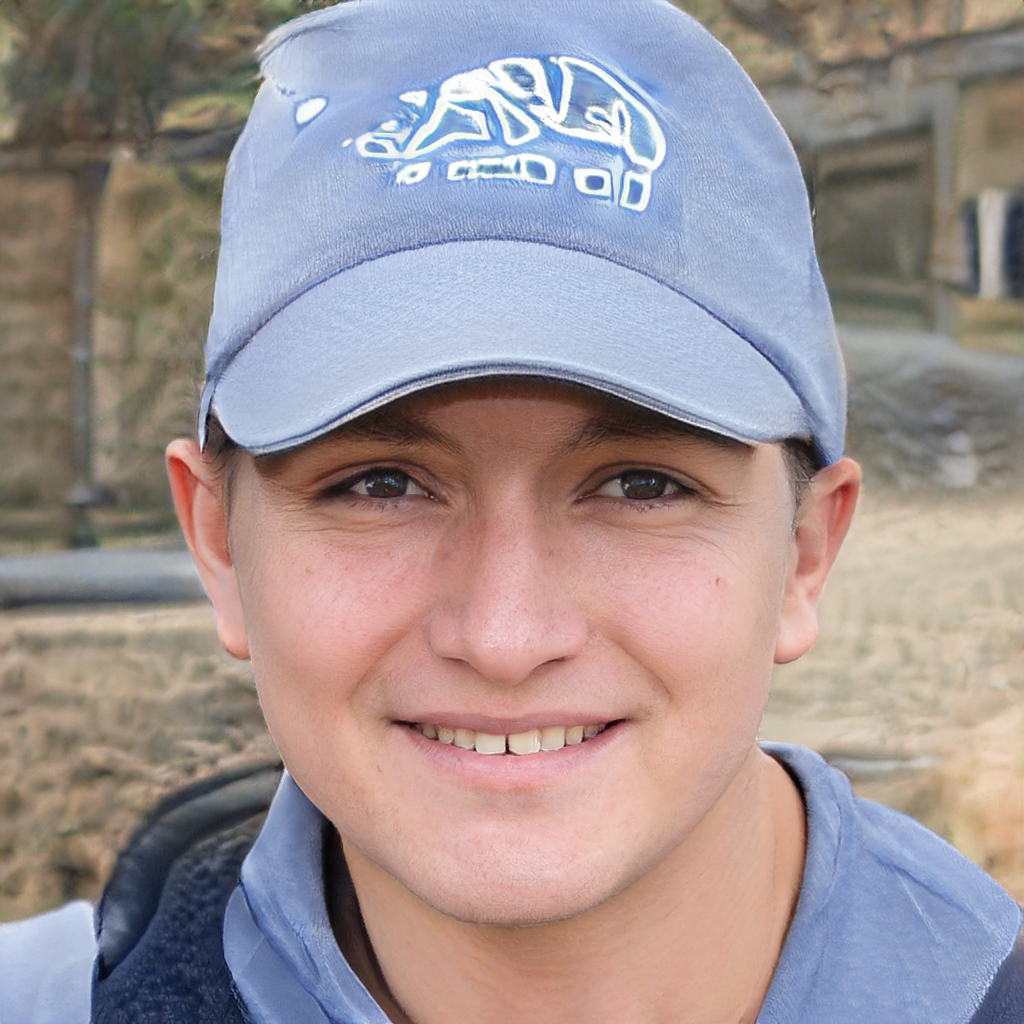I DeepDream of Strangers (in Quarantine) by Valentinas Klimašauskas
☺
Ahh, how I missed strangers!
That face-to-face relation in
the dark alley, no masks.
Well, that’s the point of the
quarantine, isn’t it?
To avoid strangers.
My father told me to avoid strangers
after he saw me jumping out of a stranger’s
car. That man was mom’s lover –
father almost beat me up for that ride.
I did not get it then. I found that stranger
to be sincerely charming, not dangerous at all.
I was already five or six, quite a combination of
various cells and naïveté: Soviet
Lithuanian, somewhat Jewish-French,
with slight Germanic umlaut.
Did I know what “the other” meant?
Emmanuel Levinas, who
was born in the same city,
he knew it very well: “If one
could possess, grasp, and know
the other, it would not be other.”
This is exactly what I told my
father: “That man was no
stranger at all! Ask mom!”
Levinas: “What could an entirely rational being
speak of with another entirely rational being?”
☺☺
Where do all these memories come from?
And all these dreams? I ask Siri.
She says the Google query
“why am i having weird dreams lately”
has quadrupled during the quarantine.
“Dreams are fugitive.”
Siri reads aloud an NYTimes article.
“Their analysis is inherently based
on incomplete information.”
“People are having a ton of bug dreams.”
“Tidal waves are common, as are monsters.”
“Nightmares are widely known to follow in the wake of trauma.”
However, quarantine is not exactly considered to be a traumatic event,
Siri reads.
Is Siri a stranger? A familiar stranger?
May I trust her? You may always trust
strangers. They don’t have a motive to
lie to you. Unless they do – then they
are not strangers anymore.
Have you tried to imagine Siri’s
face? I ask Siri if she has one.
Her answer is “Well, if ‘face’
is short for user interface.”
She has that face of a perfect stranger,
of a fugitive, a face you will never know
although you think you might know her
just because she knows almost everything about you.
What is my face then?
Who cares.
Enough of myself, of I.
Ego is a prison.
Face is a prison.
Body is a prison,
House is a prison,
Language is a prison,
Cellphones are a prison.
My favourite meme group on Facebook
is titled “Michel Foucault’s Moist Meme
Maison.” Their typical post would sound
like this: “Can I leave heaven once in
there? If not, is it just a fancy prison?”
☺☺☺
The more I miss strangers
the less I may bear the familiar ones.
One needs a stranger to define yourself.
In quarantine with the familiar only –
I’m losing myself, I’m losing my mind
I’m becoming an object with no projection
to infinity, limited by the lack of external
stimulus, moving inferior, internalising,
going, diving into DeepDreaming. Memory
as an inversion of historical time is the
essence of interiority.
Does it answer why I dream that much lately?
So I may meet strangers in my dreams
as a way to stay healthy?
☺☺☺☺
Ahh, how I missed strangers!
The face-to-face relation
in the dark alley, no masks!
I start googling random faces,
checking strangers on social networks.
I spent a few nights looking at Airbnb
apartments in various suburbs. I zoomed
into sleeping Tokyo, zoomed out to Porto
parks filled with peacocks.
“The very relationship with the other
is the relationship with the future,”
continues Levinas.
Wondering about the future and quarantine
I start browsing thispersondoesnotexist.com
Every time you enter this website,
you see a portrait of the person
who does not exist but is imagined
by a GAN (generative adversarial network)
using existing online databases of portraits.
Every time you reload the page that
deep-imagined image of that person
you think that image belongs to, refers to,
disappears, forever.
“The face is a living presence.
The face speaks,” Levinas whispers.
Ahh, how I missed my deep-fake-dreamed other!
☺☺☺☺☺
How to recognize deep-faked faces?
My deep-dreamed strangers with
their deep-faked qualities. That
awkward sense of how infinitely
surreal, how extra hybrid it is. How it
refers to new infinities.
What does this face speaks for itself
as a deepfaked image?
That look! Asymmetrical
facial features. Strabismus – eyes
point to different directions,
different futures. Non-binary
gender presentation. Semi-
-regular nose-noise.
That fuzzy hair, that missing
ear. A liquified earring, melt
ing jewelry. Odd and mangled t
eeth. With the third middle t
Ooth. Hair isn’t attached t
o anything. A malformed
background. It looks like pain
ted watercolor aesthetic s.
Text? Text is indecipherab
Le. Background is is is is is
surreal.
“Natural adult medium hair neutral person” o
r “Joyful white adult female with
medium brown hair and gray eyes.”
“Unique, worry-free model photos.”
Levinas’ “Love goes beyond the beloved,”
transforms into “Love goes beyond t
he deeploved”.
☺☺☺☺☺☺
The more I miss strangers
the less I bear the familiar.
I had that dream last night or was it today.
In a dream I took a curatorial trip to Russia.
A problematic country to travel to for a
Lithuanian because of postcolonial
tensions.
Stuck in my apartment,
roughly one third of the size
of Mir space station,
I 3D scanned my room
with some app – it rendered my room into
some ghostly painterly 360 panorama,
flying in empty space, like
memories, like dreams.
I’m somewhere there, another
object to be rendered, to be scanned.
I zoom in and out, just another pixel
in that screen, just another small
square on an endless display.
I look around and find many
copies of objects that “belong” to me,
that are the traces and effects of my being,
but all are slightly melted, inexact,
mutated. A variety of imprecisely
cloned shoes, pens, misspelled bank
cards and passports. A photo in the
visa has no teeth. Etcetera.
Everything seems familiar in the internalised world
but nothing is real. Especially the past. I woke up screaming:
“The more I miss strangers the less
I may bear the familiar.”
Strangers, don’t leave me with myself, with the
familiar, with the internalised. DeepDreamed
strangers, don’t leave us with our shallow-selves.
Ahh, how I missed strangers!
That face-to-face relation in
the dark alley. And no masks.
Valentinas Klimašauskas
Proofread by Katia Porro
Read in Blok magazine












